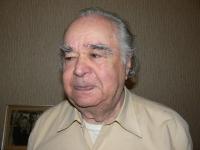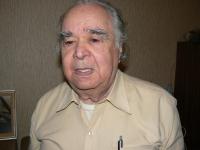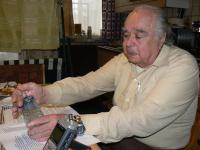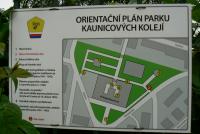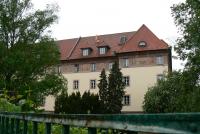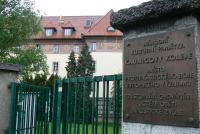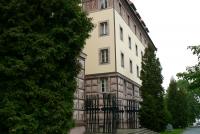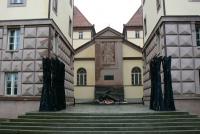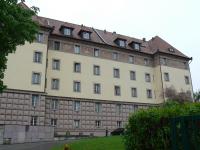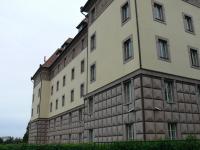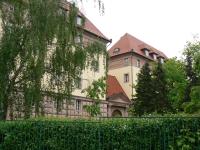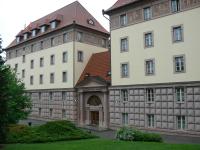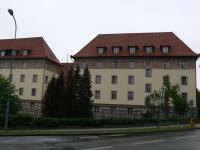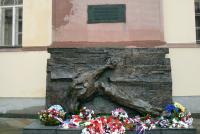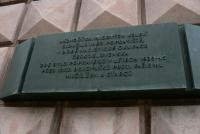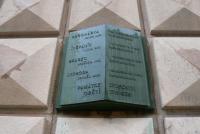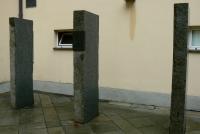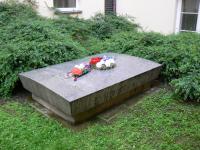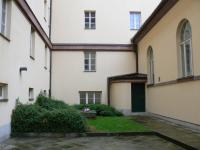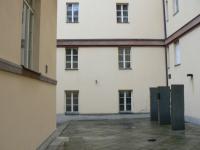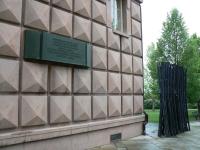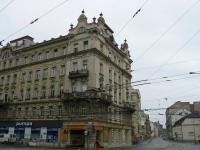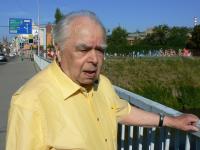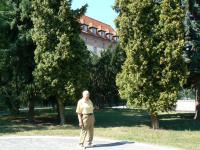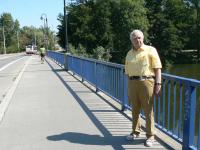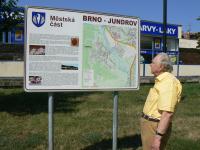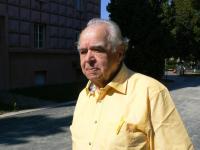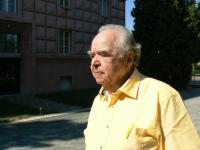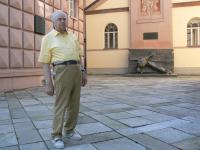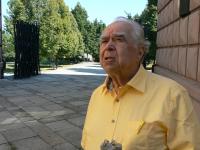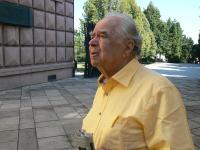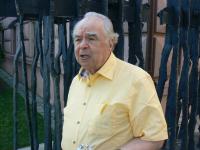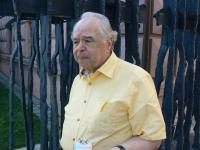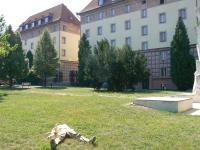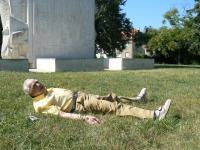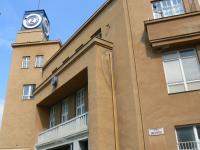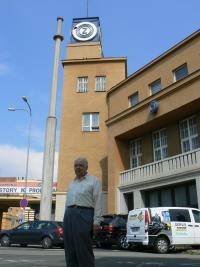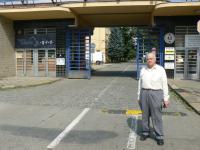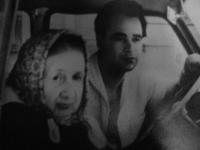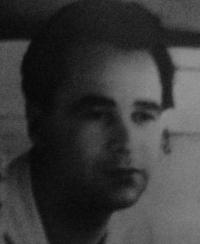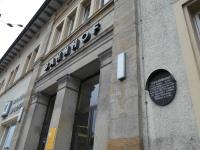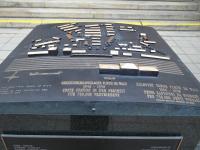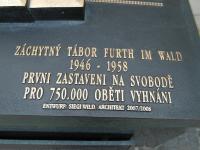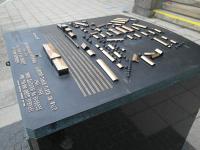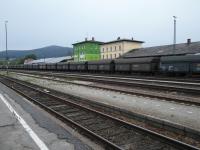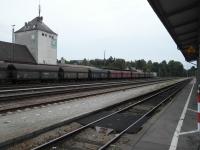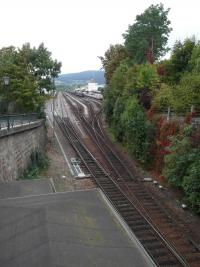Act calm, we’ll be crossing the borders

Stáhnout obrázek
Emil Pupik was born on 11 May 1928 in Brno. He grew up with his mother and two brothers. During World War II he learnt to be an electrician at the Brno munitions plant. As a German child he was a member of the Hitler Youth. As part of this organisation he had to prepare the terrain for the army on Slovakia, to dig trenches. Upon returning from Slovakia he decided to leave the munitions plant, this decision earned him several months in a German „correctional facility“ in Brno-Královo Pole. This experience led him to return to the munitions plant. They assigned him to a machine-gun team, his task was to aim a searchlight at the planes that were bombing Brno. When Brno was liberated by the Red Army in spring 1945, Emil Pupik had to report to the employment office in Bratislavská Street in Brno, the same as all Germans. From there he was taken to Kounice Student Hall. The witness describes the conditions there and remembers how he had to chop wood or replace railway tracks. Emil managed to escape to the village of Jundrov, where he contacted a Czech woman who was supposed to guide him over to Austria. But the escape failed and he was interned in Kounice Student Hall again. After a while Emil Pupik was allocated to a work group, he worked in the Lasseker tannery in Křenová Street, for example. He was expelled from Brno to Germany (Garmisch-Partenkirchen) in 1946. In Furth im Wald, where the train stopped, he had a chance meeting with his grandmother, who survived the Brno death march. Via an aunt in Leipzig he contacted other members of the family. He worked in the forests near Oberammergau. He and his grandmother then moved to his mother in Wennenden (some five kilometres from the town of Blaubeuren, Wennenden is about 25 km from Ulm). He worked at the railways. He now lives in Neu Ulm.
